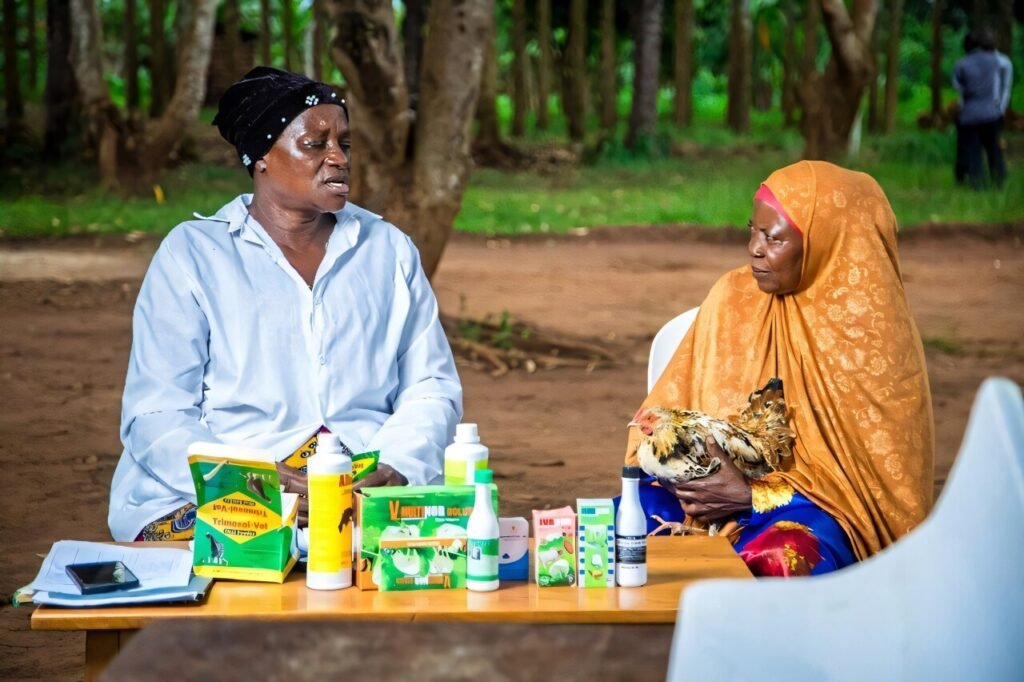A recent study published in the journal CABI One Health has brought to light significant disparities in One Health research on a global scale. The study reveals that while the volume of research labeled “One Health” has seen exponential growth since 2018, there are major inequalities in decision-making power between researchers in low- and middle-income countries (LMICs) and high-income countries (HICs).
The research highlights the need for more efforts to address these inequalities and strengthen One Health research capacities in LMICs. It emphasizes the importance of fostering equitable collaborations that align with national and regional priorities to bridge the gap in decision-making power.
One Health is a holistic approach aimed at optimizing the health of people, animals, plants, ecosystems, and the environment they share. Over the past decade, One Health has gained popularity, leading to the development of numerous initiatives and research networks dedicated to putting One Health principles into practice.
On the global policy front, the One Health Quadripartite recently launched its Joint Plan of Action (JPA) 2022–2026 as a framework for implementing One Health strategies. The JPA outlines six action tracks or priority areas to guide One Health initiatives and collaborations.
The study conducted by CABI’s One Health Hub sought to analyze global trends in One Health research and identify existing research gaps. It utilized bibliometric analysis to identify relevant literature and topic modeling to map publications against the JPA action tracks and scientific disciplines.
The findings of the study indicate a significant increase in One Health research outputs over the past decade, with a growing focus on diverse health issues beyond zoonoses. However, there remains a notable disparity in research output on certain topics, such as the impact of pesticides on food safety and biodiversity on ecosystem health.
Moreover, the study reveals significant global inequalities in One Health research, with researchers from HICs predominantly leading research efforts in LMICs. This imbalance in decision-making power can hinder the development of research priorities that address the specific needs of LMICs, potentially leading to a disconnect between research outcomes and local policy development.
Dr. Dannie Romney, a project director at CABI’s One Health Hub, emphasized the need to empower researchers in LMICs to shape the One Health narrative and conduct research that directly benefits their populations. By addressing these inequalities and strengthening research capacities in LMICs, researchers can play a crucial role in bridging the gap between scientific evidence and policy development in implementing One Health approaches.
The study conducted by CABI’s One Health Hub has been published, along with two evidence briefs summarizing the findings. These insights will contribute to a One Health research roadmap set to be released later this year.
For more information, you can access the study published in CABI One Health (2025) through the DOI link: DOI: 10.1079/cabionehealth.2025.0032.
This content is provided by CABI and highlights the critical need to address global inequalities in One Health research for more equitable and impactful outcomes.


